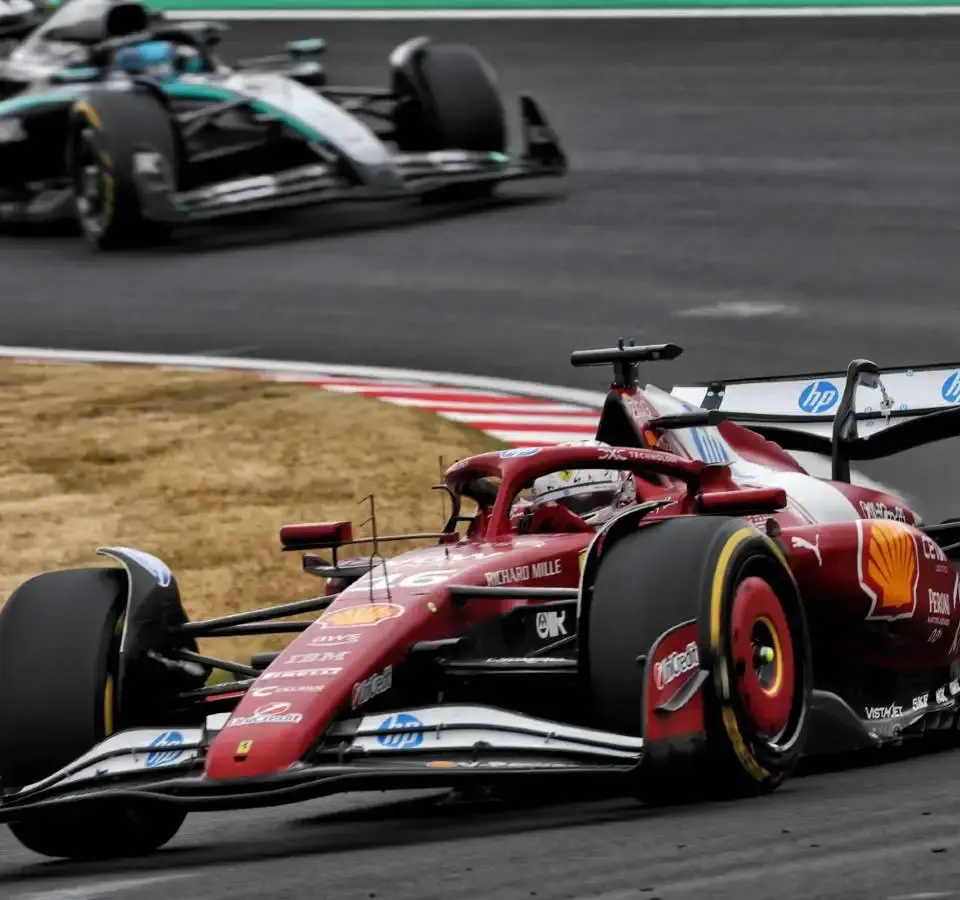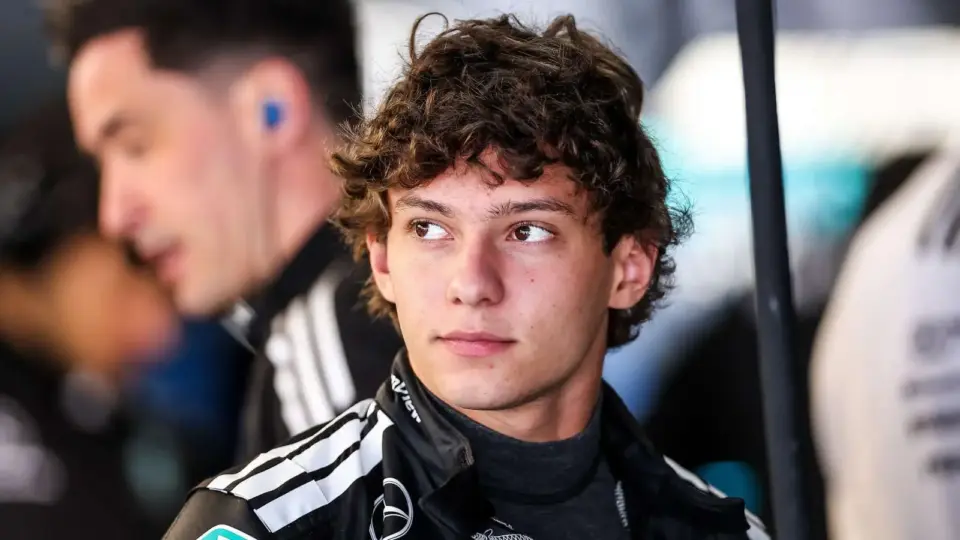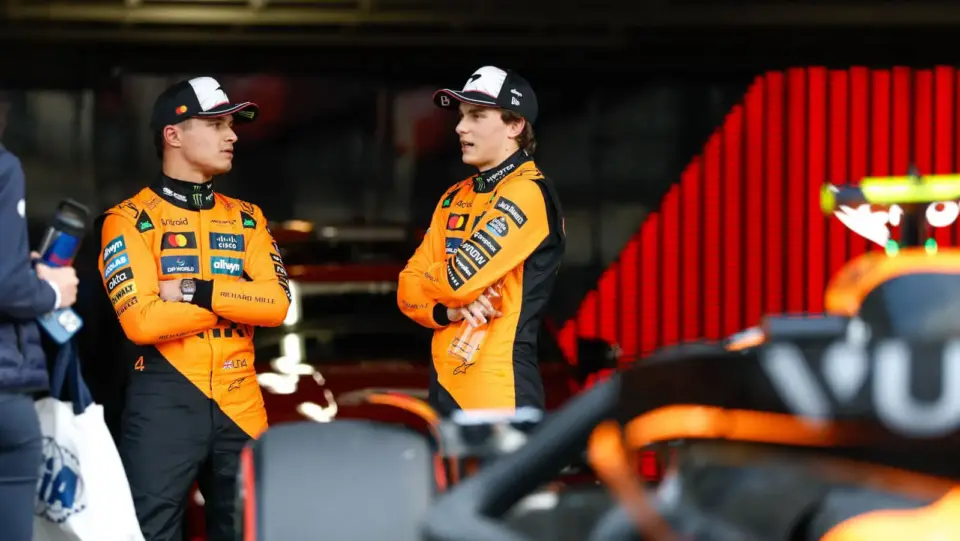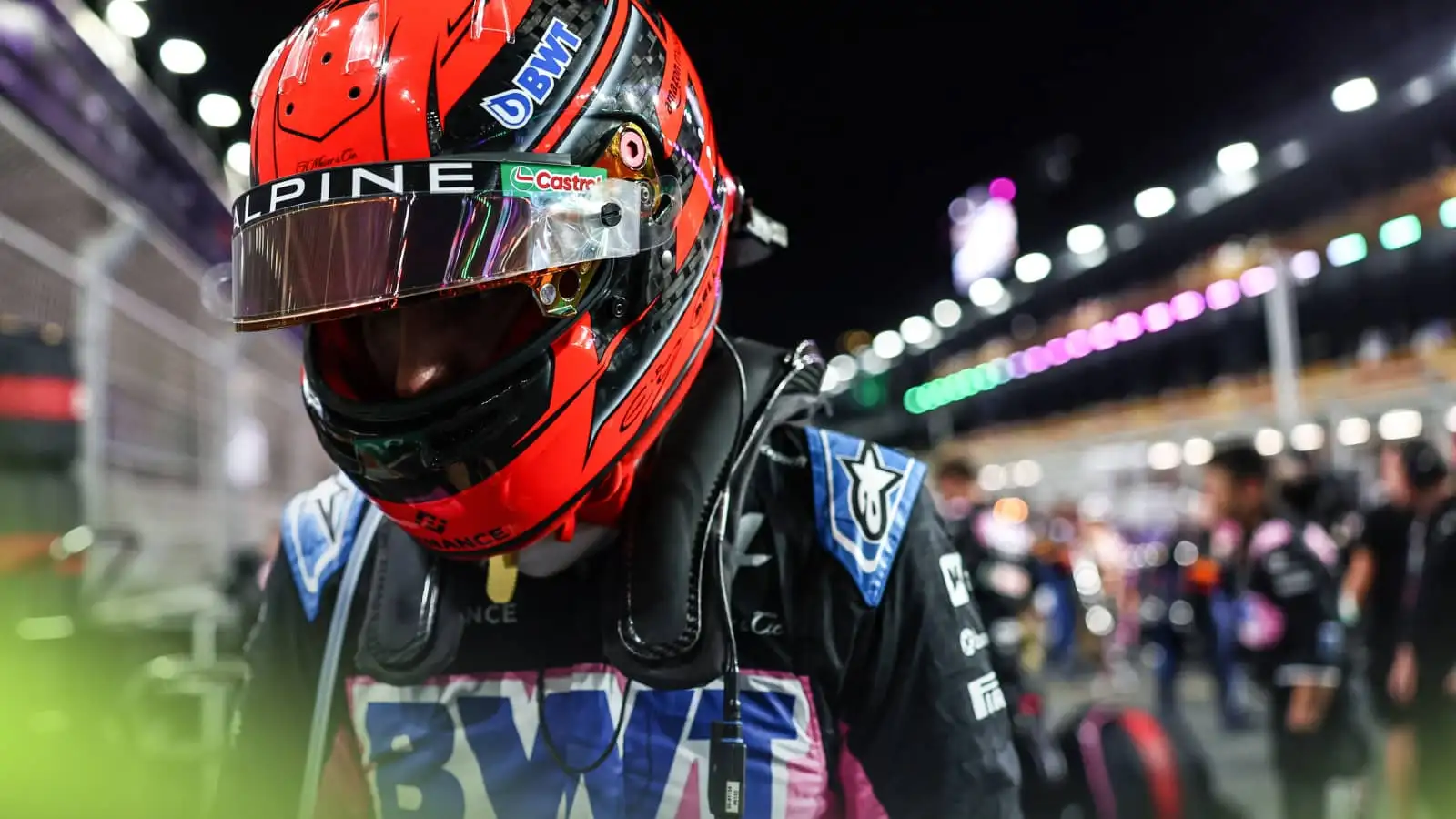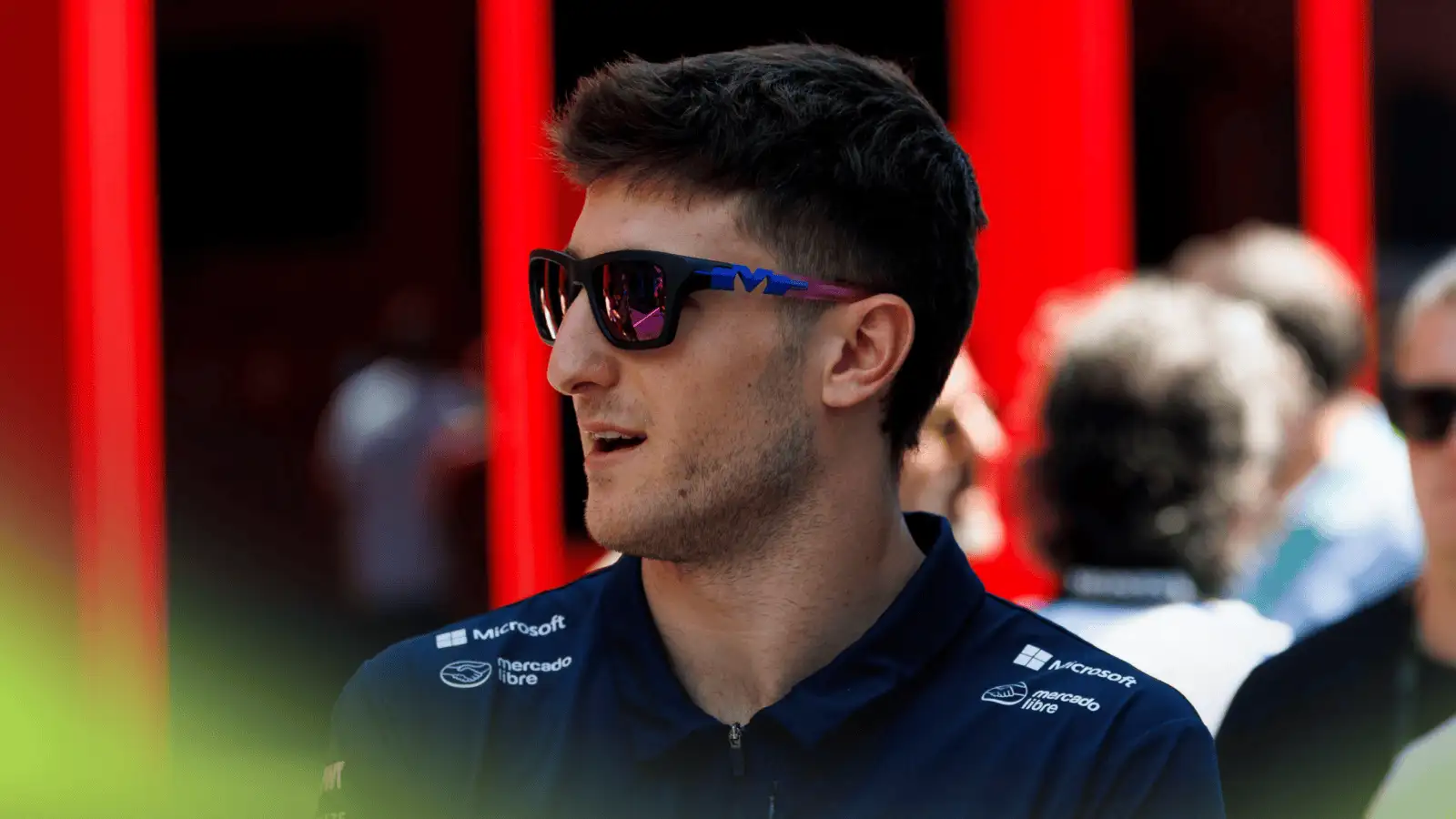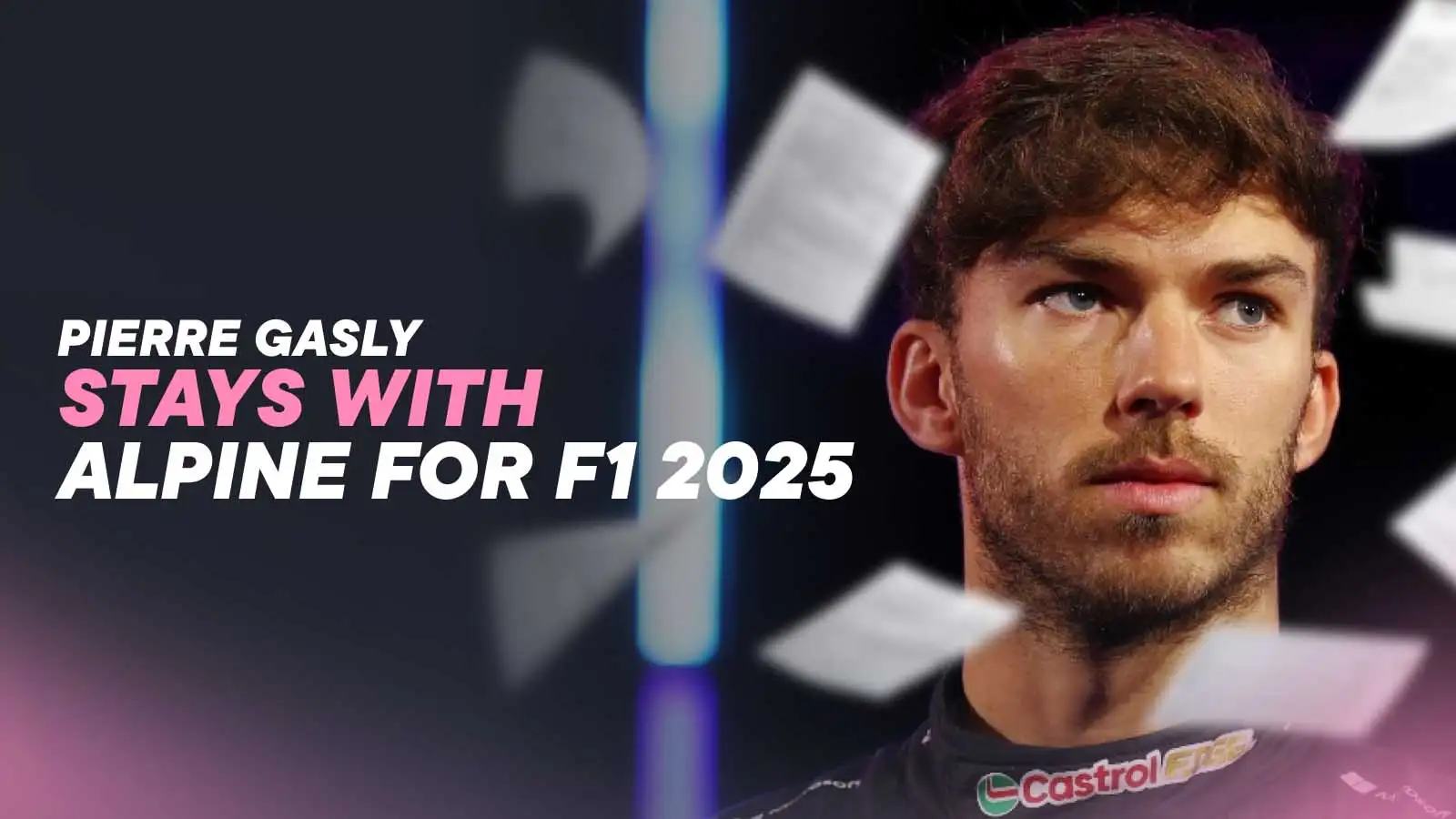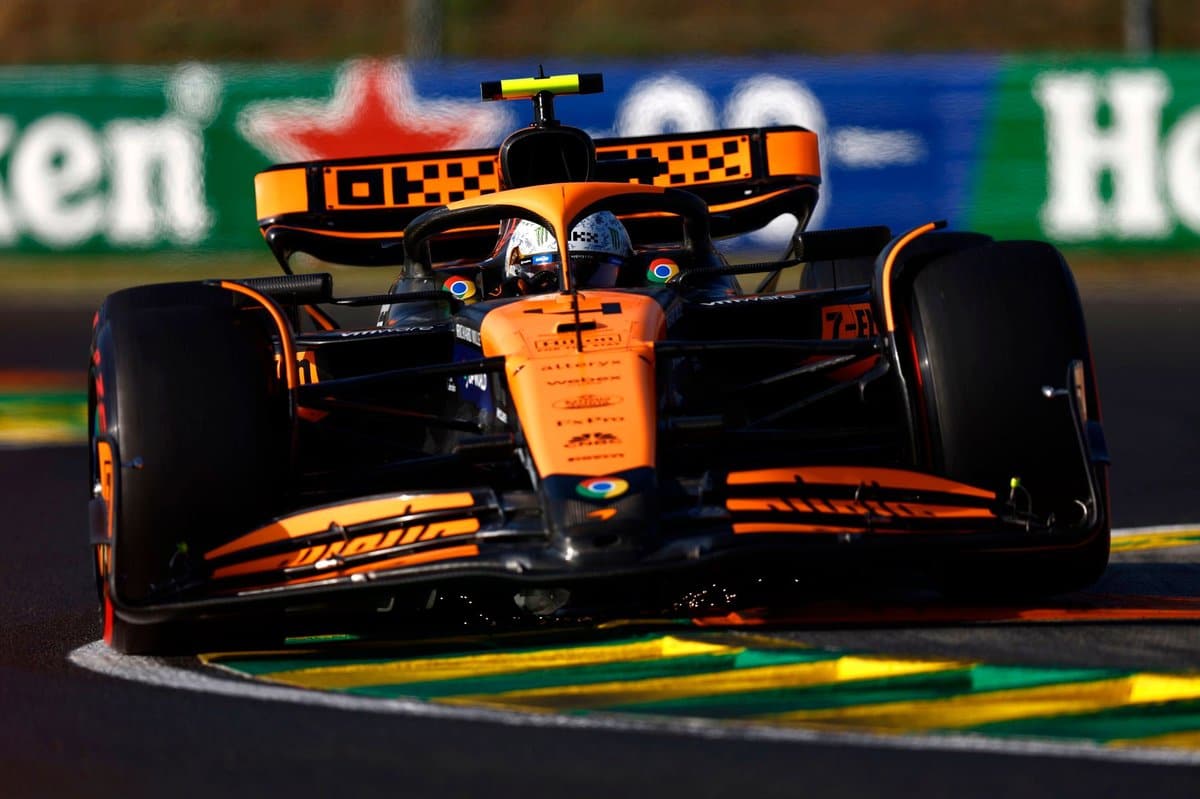Charles Leclerc struggled in the Japanese Grand Prix, finishing fourth without a podium chance.
- Leclerc faced a lonely race as Max Verstappen and the McLarens sped ahead.
- Despite Ferrari’s efforts, the car’s performance could not match rivals at Suzuka.
- Ferrari’s deficits were apparent in key sectors, particularly the first.
- Leclerc and Ferrari aim to learn and improve from this experience.
Charles Leclerc experienced an “annoying” race at Suzuka, unable to compete for a podium as Max Verstappen and the McLarens surged ahead. Finishing fourth, Leclerc felt isolated on the track with no chance to join the lead battle. He lamented the lack of performance in his car, despite putting everything together effectively over the weekend.
Following a frustrating disqualification in China, Ferrari hoped for redemption in Japan. However, neither Leclerc nor Ferrari teammate Lewis Hamilton reached the podium, with McLaren’s superior speed evident. Leclerc started on medium tires, pitting on lap 21 for hard tires, but remained 16 seconds adrift of the leaders as Mercedes’ George Russell loomed close behind.
Leclerc’s comments post-race reflected his frustration. “I was completely on my own; the guys in front were too quick,” he explained. Initial optimism faded when rival teams increased their pace, revealing Ferrari’s shortcomings. Despite balanced car handling, Leclerc admitted the performance gap was significant, emphasizing maximizing points as the focus until improvements occur.
During the early race stages, Leclerc gauged the Ferrari SF-25 against the McLarens. “A bit everywhere,” he noted the car’s weakness, especially in the first sector. He explained how visual assessments can be misleading due to the speed effect, complicating accurate evaluations. Nevertheless, he felt particular performance lacking in that section of the race track.
Despite his fourth-place disappointment, Leclerc held onto positives. He learned much about the car, considering Friday’s trials of experimental setups successful. Team principal Fred Vasseur acknowledged room for improvement, noting a pace deficit to the front runners by a few tenths. Vasseur stressed focusing on internal developments rather than competitor comparisons.
Leclerc accepted the current pace as reflective of Ferrari’s position and anticipated similar challenges in Bahrain. Vasseur echoed the need for steady progress rather than immediate results, citing past seasons’ resilience as hope for the future. The priority remains on unlocking the car’s potential and narrowing the gap to rivals, acknowledging the season’s long path ahead.
Ferrari must focus on improvements to compete with their faster rivals this season.
